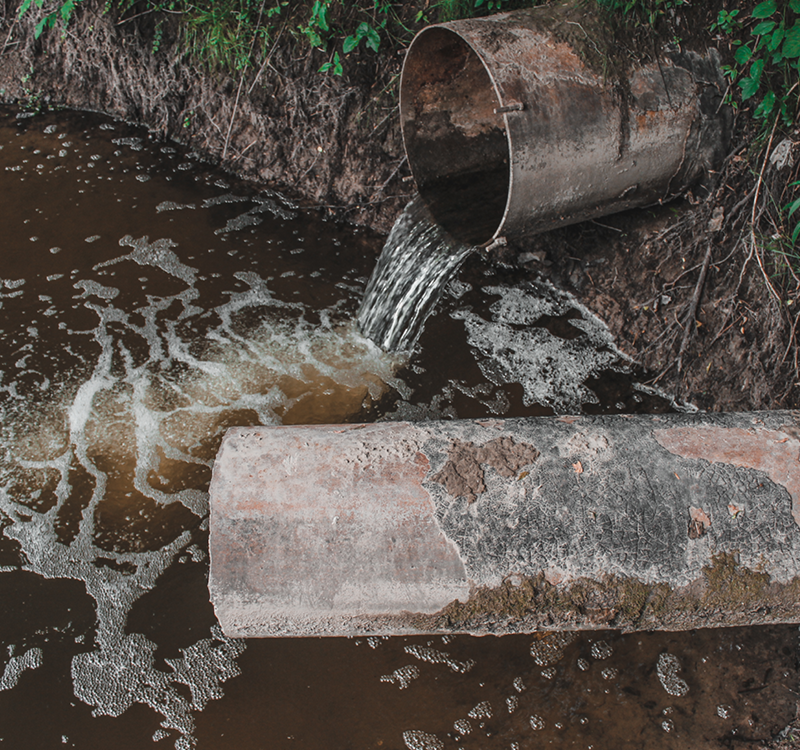17. June 2024
Get up in the morning, drink a glass of tap water, make coffee or tea, take a quick shower, brush your teeth, do your laundry, cook and so on. We need water - for everything. Water is a fundamental and natural part of our lives. Without clean water, we cannot live, we cannot survive. But the image of crystal clear water is becoming clouded. More and more pollutants, more bad news. How should we deal with water as the basis of life in the future?





